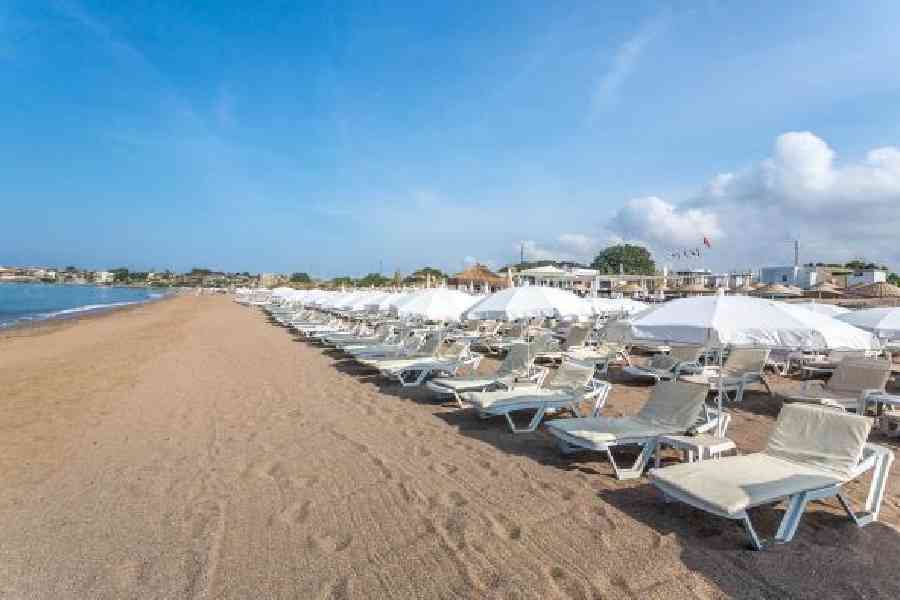More than two decades ago, Wayne Jones travelled to Daytona Beach, then Florida’s spring break mecca, not to party but to study.
His bosses at the Miami Beach Police Department, where he was a young officer, wanted to know how Daytona managed its famously rowdy crowds. Maybe Miami Beach, which had its own unruly scene every year over Memorial Day weekend, could learn a thing or two.
Officer Jones is now Chief Jones of the Miami Beach Police. And Memorial Day is no longer the city’s main concern: His most urgent task is bringing order to the weeks in March when Miami Beach gets inundated with spring breakers, a monthlong slog that has become a thorn in the city’s side. Last year, the police made more than 500 arrests and confiscated more than 100 guns over the spring break period.
But Chief Jones has high expectations.
“This is going to be the best spring break ever,” he said in a recent interview at his South Beach office. “I can feel it in my bones.”
It was a bold declaration in a city where fretting over spring break has become a year-round affair, with each new wave of politicians and administrators vowing to be the ones who finally get the season under control.
That would mean avoiding shootings like the ones that killed two people over a single weekend last year. But how far to go to secure the city as huge numbers of visitors
arrive there in March has long been a matter of debate, with some tactics drawing charges of racism and lawsuits over civil rights and over-policing.
Since the beginning of the coronavirus pandemic, unwieldy crowds have flocked to the city for spring break. Miami Beach imposed emergency midnight curfews in 2023 and 2022, and an especially contentious 8pm curfew in 2021.
A new mayor and commission elected to nonpartisan seats in November, after a campaign cycle dominated by public safety issues, took a more aggressive tack. Miami Beach is breaking up with spring break, the city announced in a social media ad this week: “This isn’t working anymore,” it begins. “And it’s not us. It’s you.”
This weekend and next — typically the peak times for crowds — Miami Beach visitors should prepare for extraordinary measures, including DUI (driving under the influence) checkpoints, bag checks at beach entrances and potential curfews. Beach access will be restricted after 6pm, with no one allowed on after 10pm. Sidewalk tables and chairs will be banned from the many cafes along Ocean Drive.
Public parking garages on South Beach will be closed except for residents and permit holders. A garage on 42nd Street, north of the spring break hubbub, will charge a flat rate of $100. (Not a typo.)
New York Times News Service










